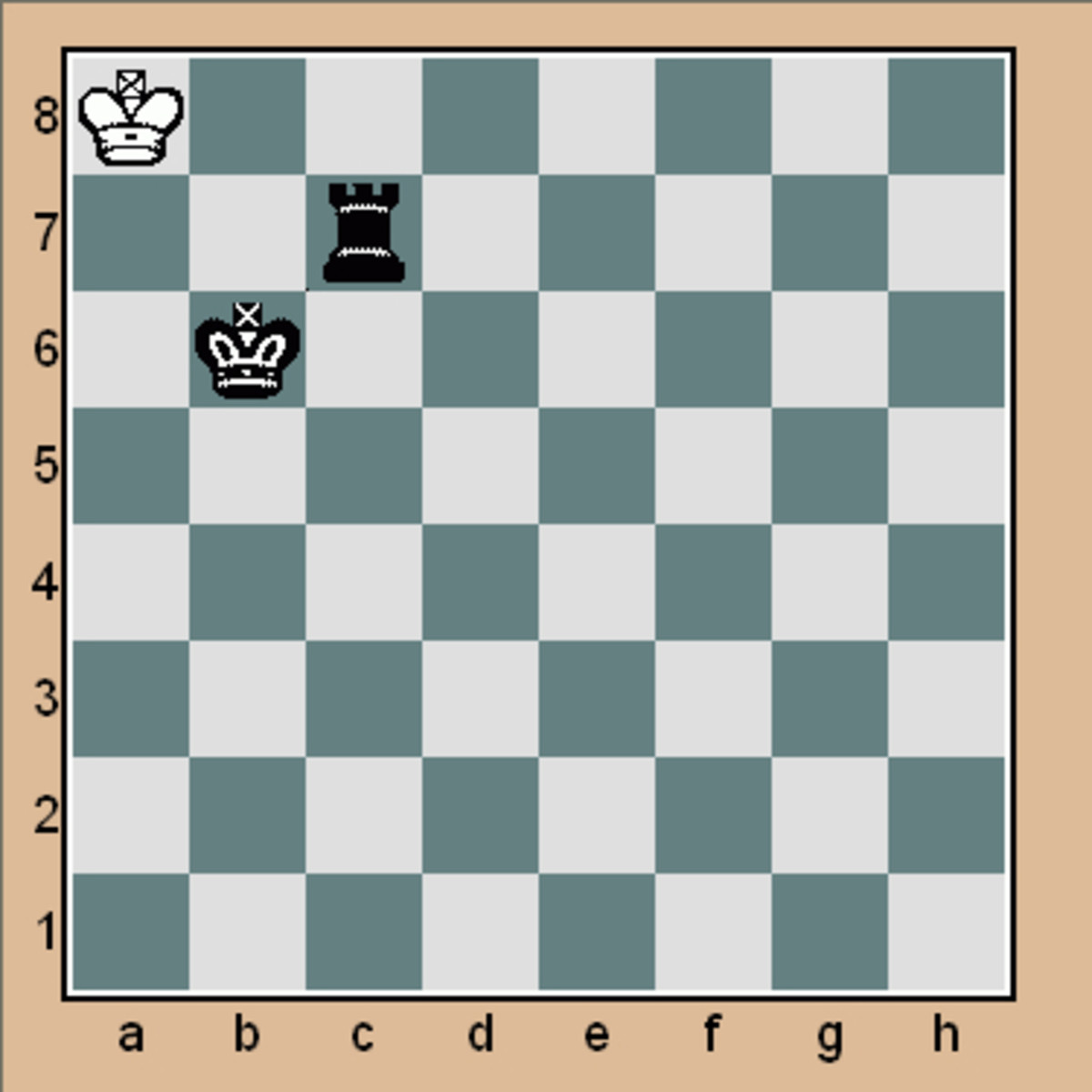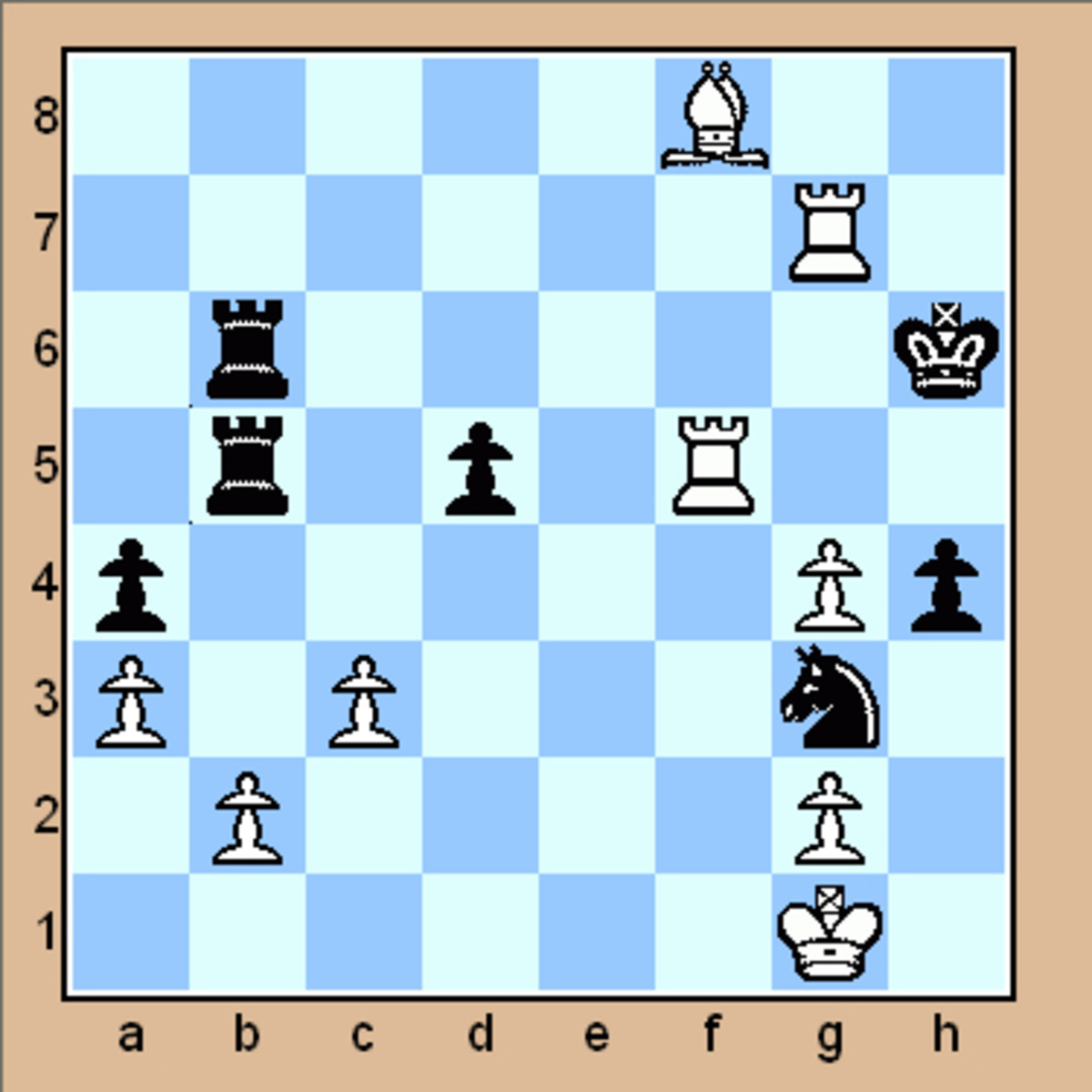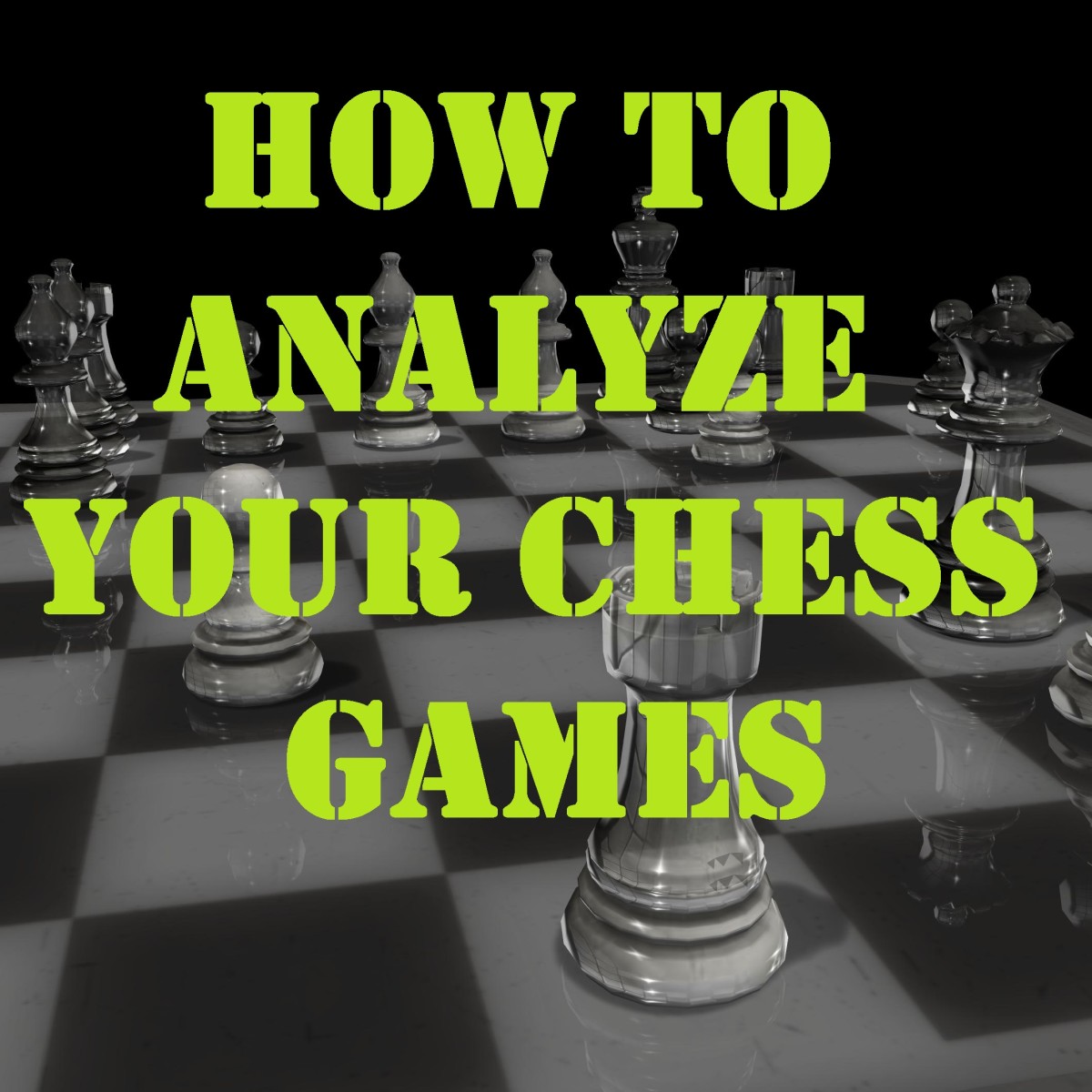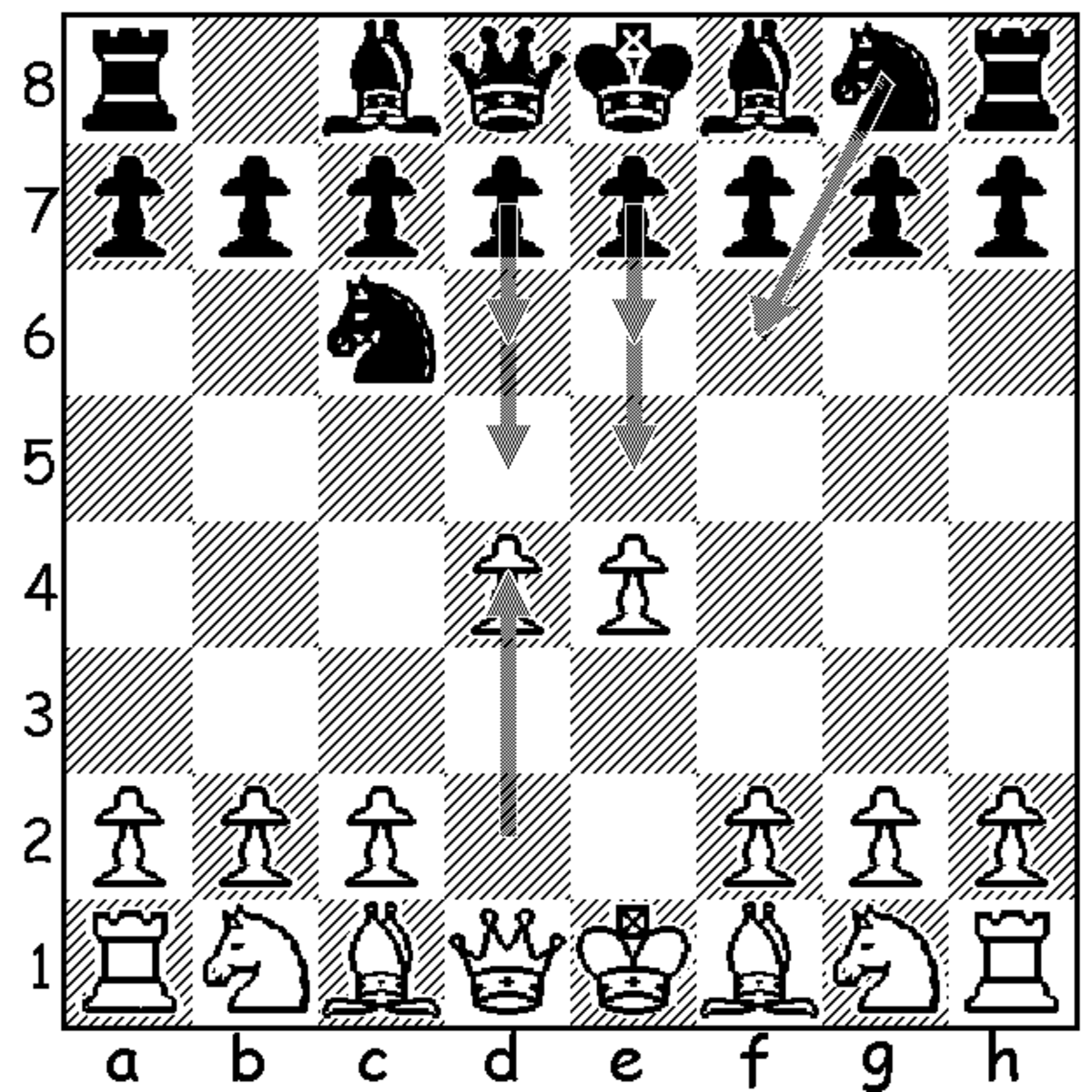To Slave Over a Chess Board, or Play With Lightness – What Buddhism Teaches About Chess
We all have those mornings when you wake up and your mind begins to buzz. As you surface from sleep, your mind begins its narrative:
“What day is it? Thursday. What time is it? That’s the clock striking five. OK that means, I need to get up NOW and turn the hams. I wonder if those hams are going to sell. Or would I be better making sausage? Let’s see, better get to the market early this morning, last week I was late and the best vegetables were sold. I wonder if Thelma will be there, how can I ask her nicely to pay that money back that she owes me? And if she pays me back, shall I use the cash to pay the phone bill, or buy that new blender I need? If I get the new blender, then I can try that blue cheese dressing, that might be a good seller. Oh goodness, the truck needs to be taken in for servicing, can I fit that in before I have to pack the cheese for market day tomorrow? Do I have enough blue cheese to make dressing to sell?” And on, and on., with what Buddhists call the Monkey Mind.
We game plan, we strategize, we try to figure out the right chess moves in our lives.

By contrast, we could be living in the moment. We could just get up, start our daily chores without overly planning or thinking ahead. We can notice our surroundings, appreciate the sunrise, and that first cup of coffee. If hams don’t sell, we can consider what to do then. If Thelma pays what she owes, let’s sense what we should do with the money when it happens. We don’t waste time worrying and speculating about choices we may not need to make, or things that might never happen. We are mindful, we live in the moment, as suggested by Buddhism, we respond to life events in the here and now, without endless speculation.
Two very different approaches to life, and perhaps to chess, but is one better than the other?

Arguably, if our life is simple, we can operate in a more mindful way. If we are retired, living alone, with just a cat and a garden to care for, then we might have the luxury of not over-thinking our lives. Equally, when playing chess, you may rely on your instincts, and simply sense the right moves, as many Grand Masters are said to do. We can’t precisely anticipate the actions of others, any more than we can precisely anticipate the moves a chess opponent will make.
On the other hand, if you are busy running a business and a family, just kicking back and smelling the flowers is not going to get the many needed chores done in an organized way. And in chess, in order to develop those mindfulness instincts, you have to study, play a great deal, and understand the strategy of the masters of the game. We can attempt to understand our opponent, and try to figure what make his or her chess brain tick.

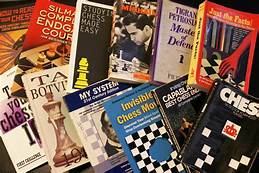
So which is the better approach? From Zen masters to Christian mystics, all those who seek mindfulness will tell you that it is built on a foundation of work and good practice. Hours of prayers, fasting, meditation and study are needed in order to achieve that lightness and effortless which is childlike mindfulness. Only the very greatest spirits, or the most simple, can achieve that state without years of input and effort.
The same applies to the game of chess. If you want to develop feather light instincts, so that you just sense the right move, without planning five, six, seven or more moves ahead, this can only be built on a platform of effort. You need to memorize thousands of great games, understand countless strategy options, and develop your own game over years of practice. This is the foundation which really can’t be avoided. However, once the foundation has been built, experiment with deploying a more mindful, less tense style of play. Play chess as if it’s a game!
When we achieve living in the moment, it all looks and seems so simple; the moves may just make themselves. This kind of effortless, dream like experience has been reported by some of the Grand Masters of chess. But it is built for most of us on the basis of a lot of hard work and planning.

